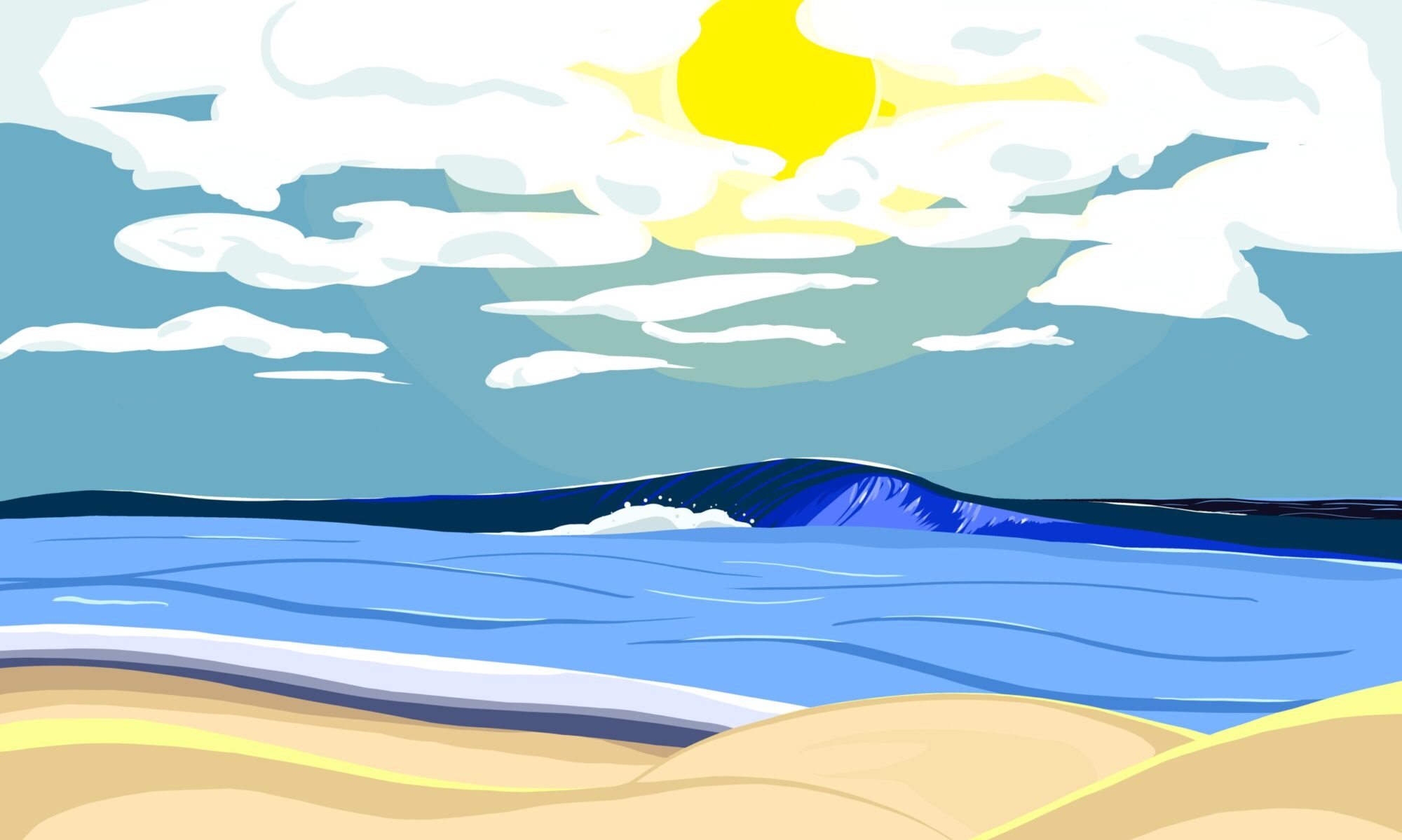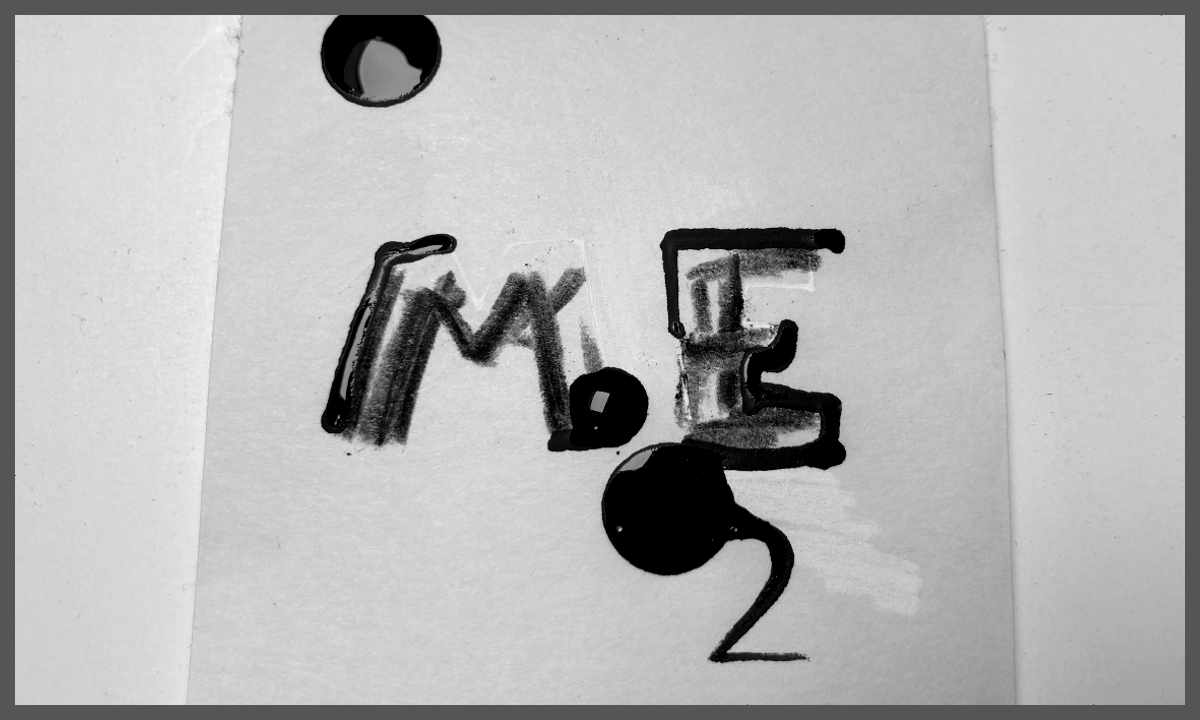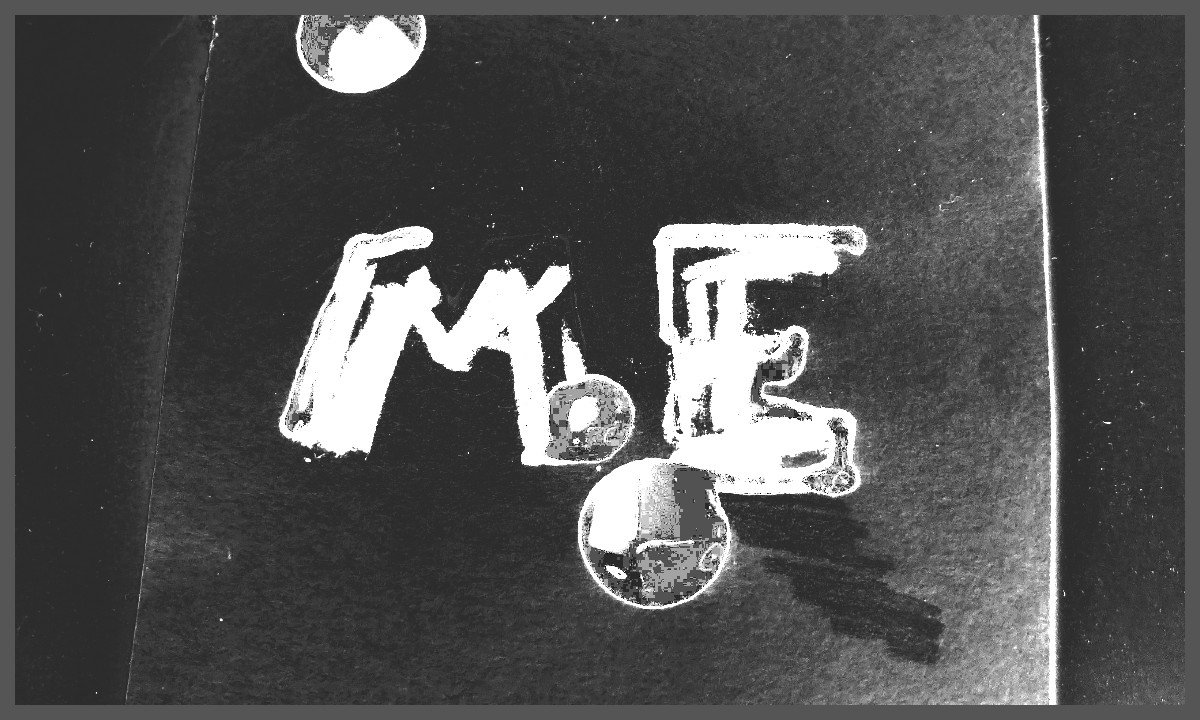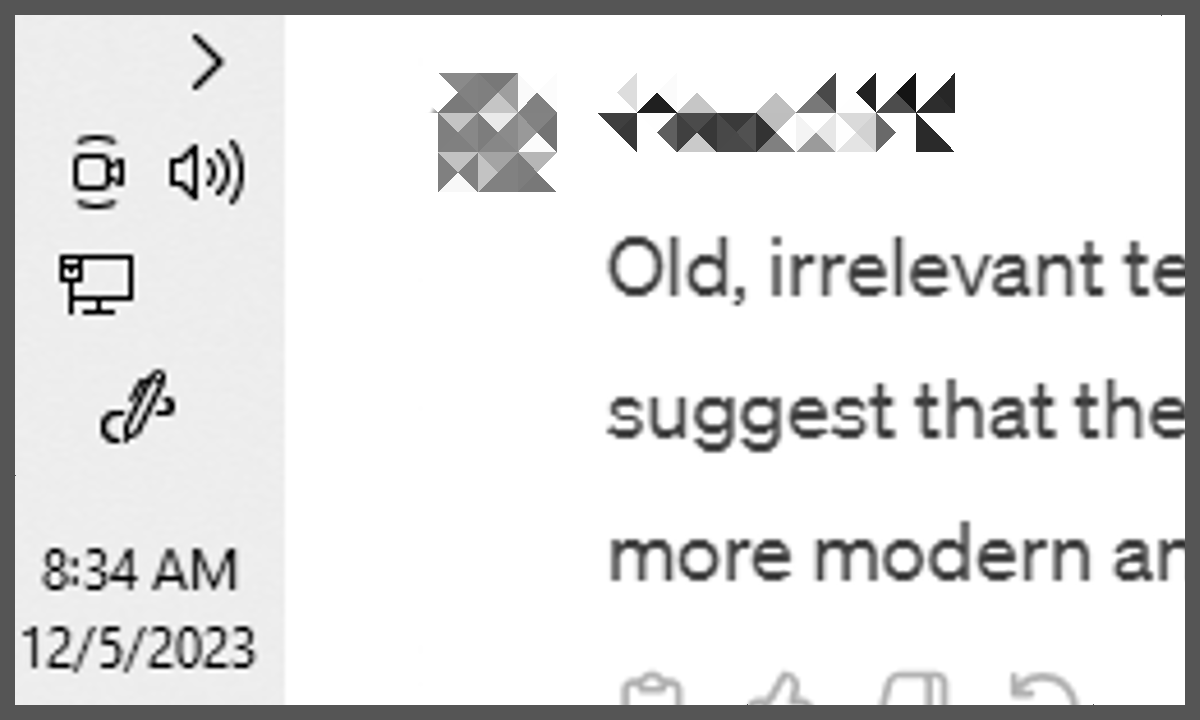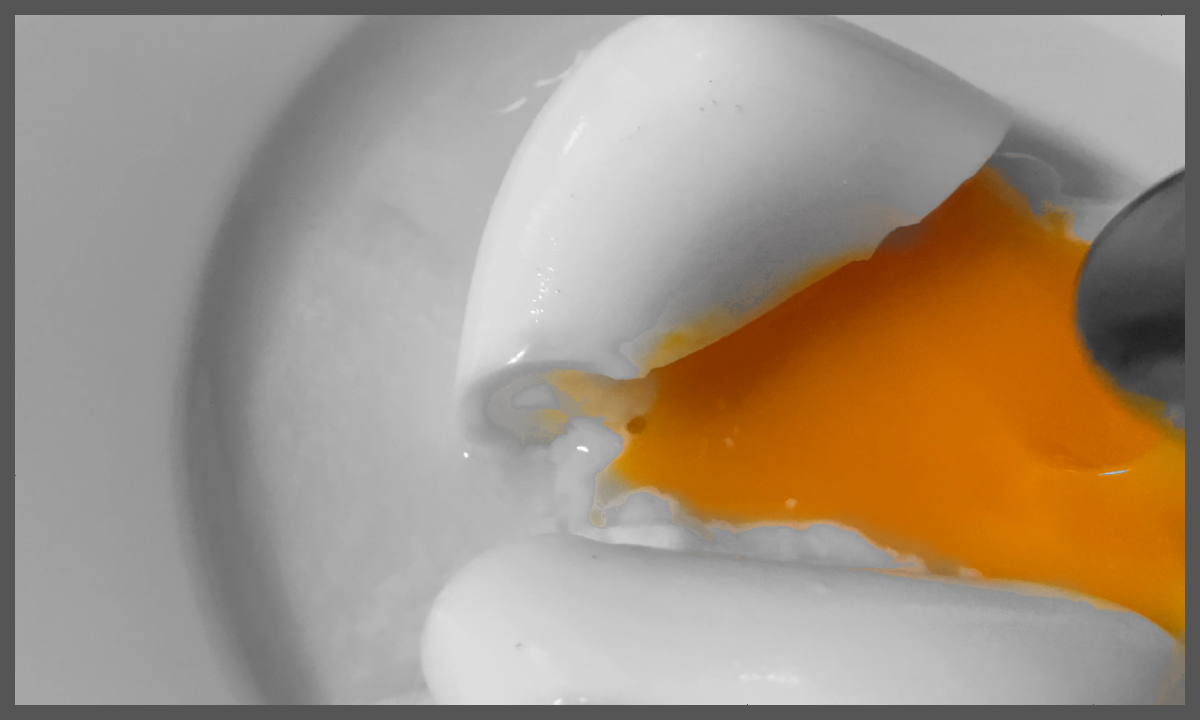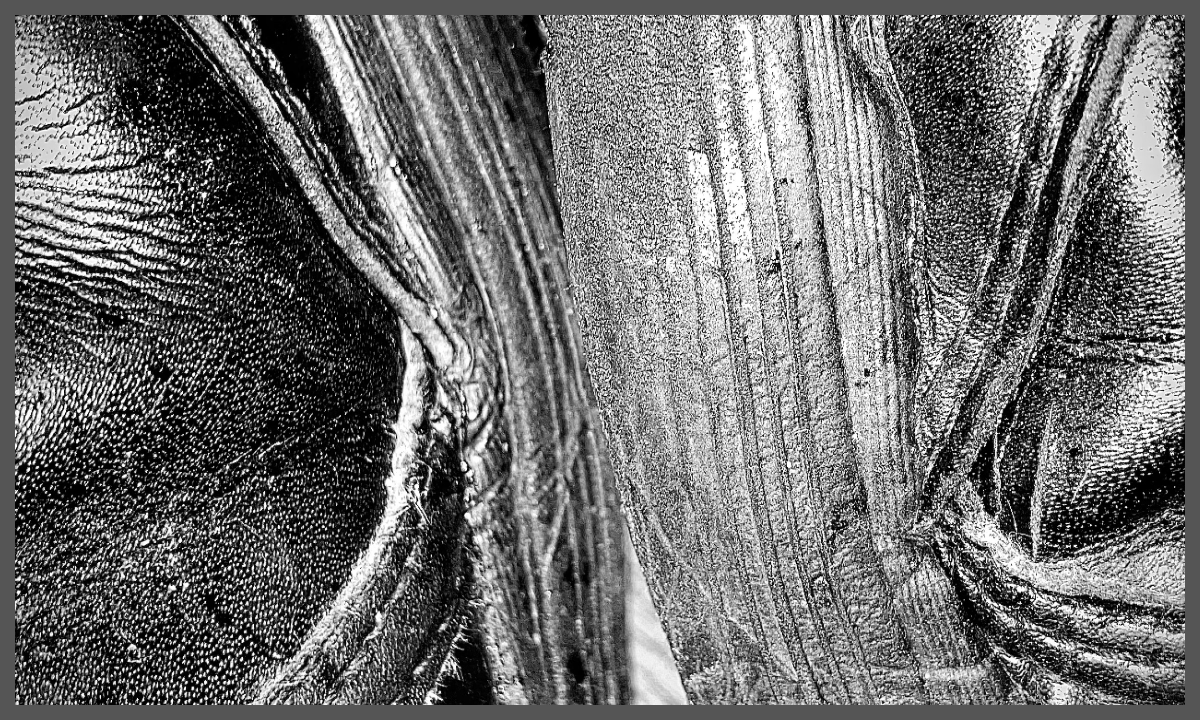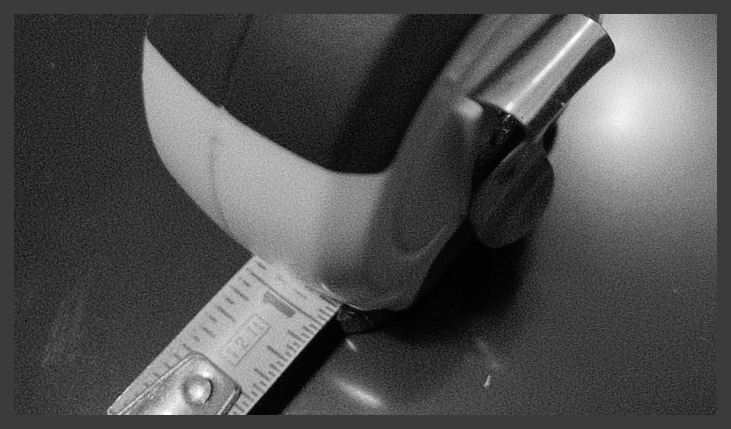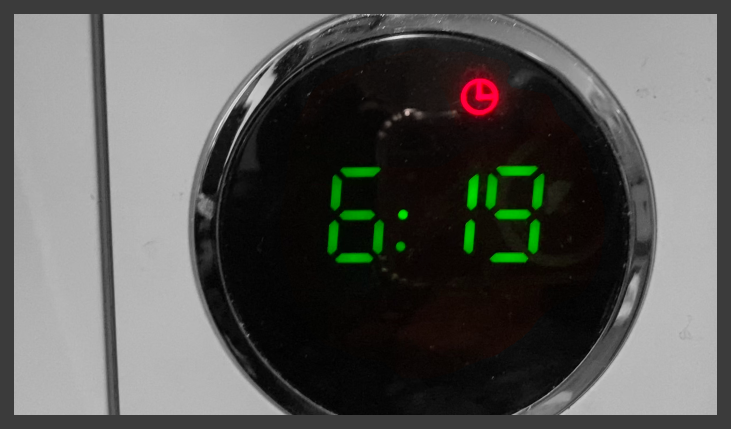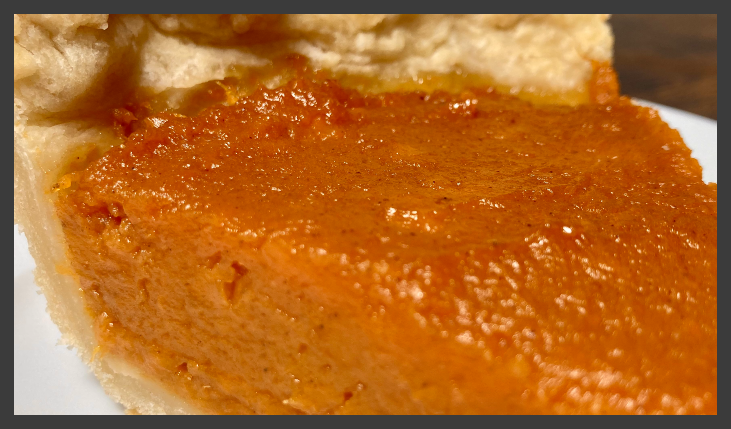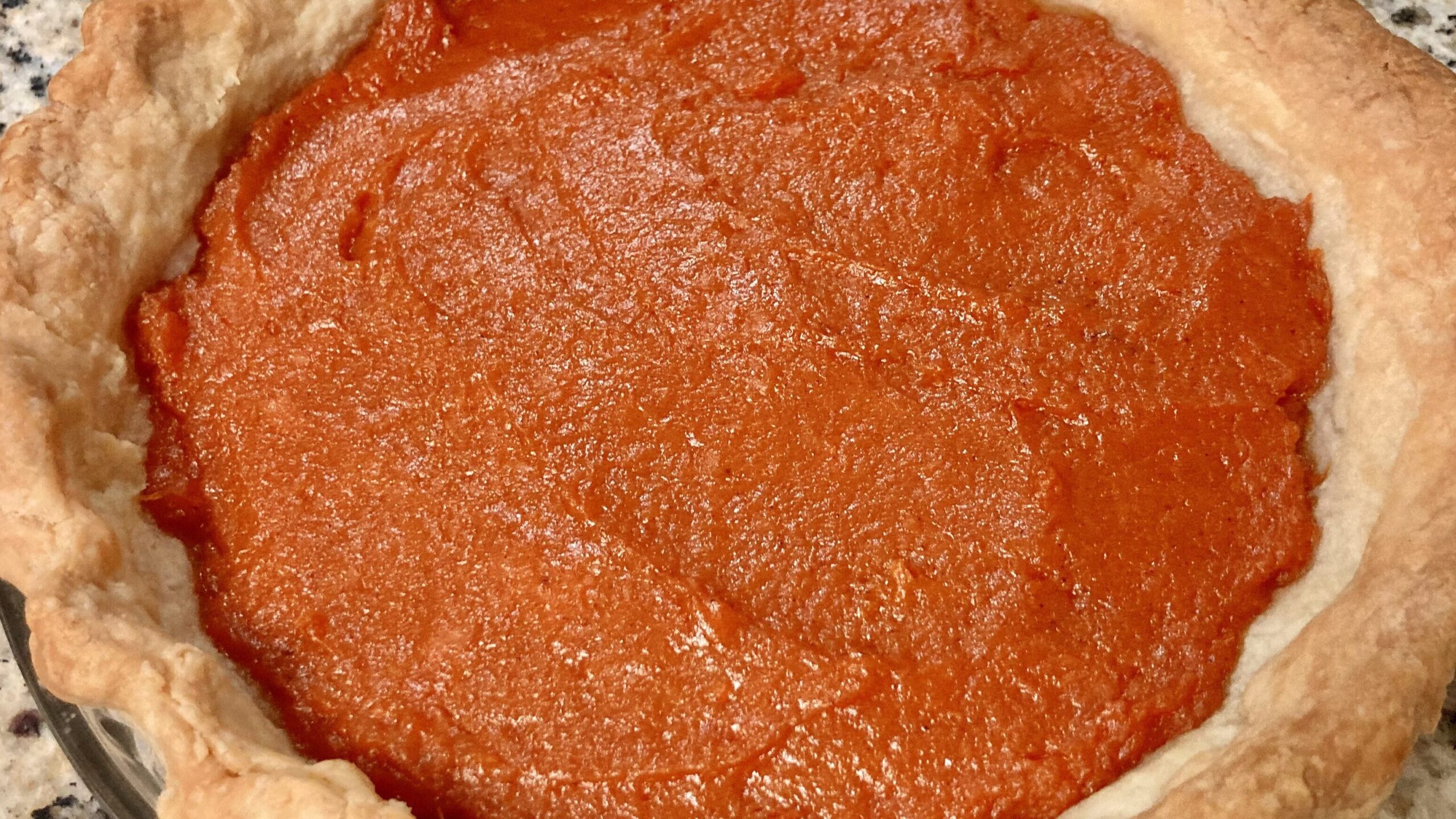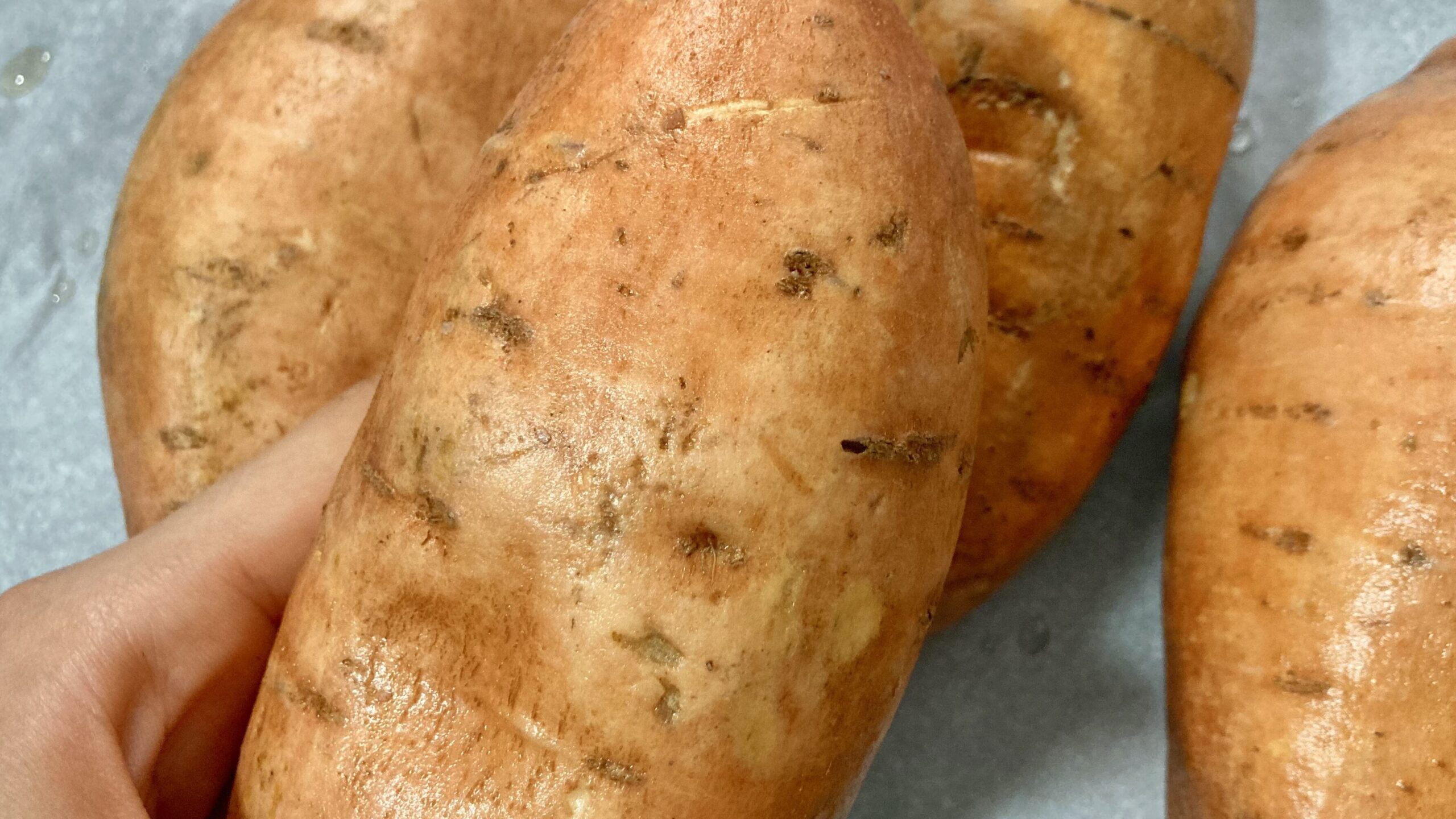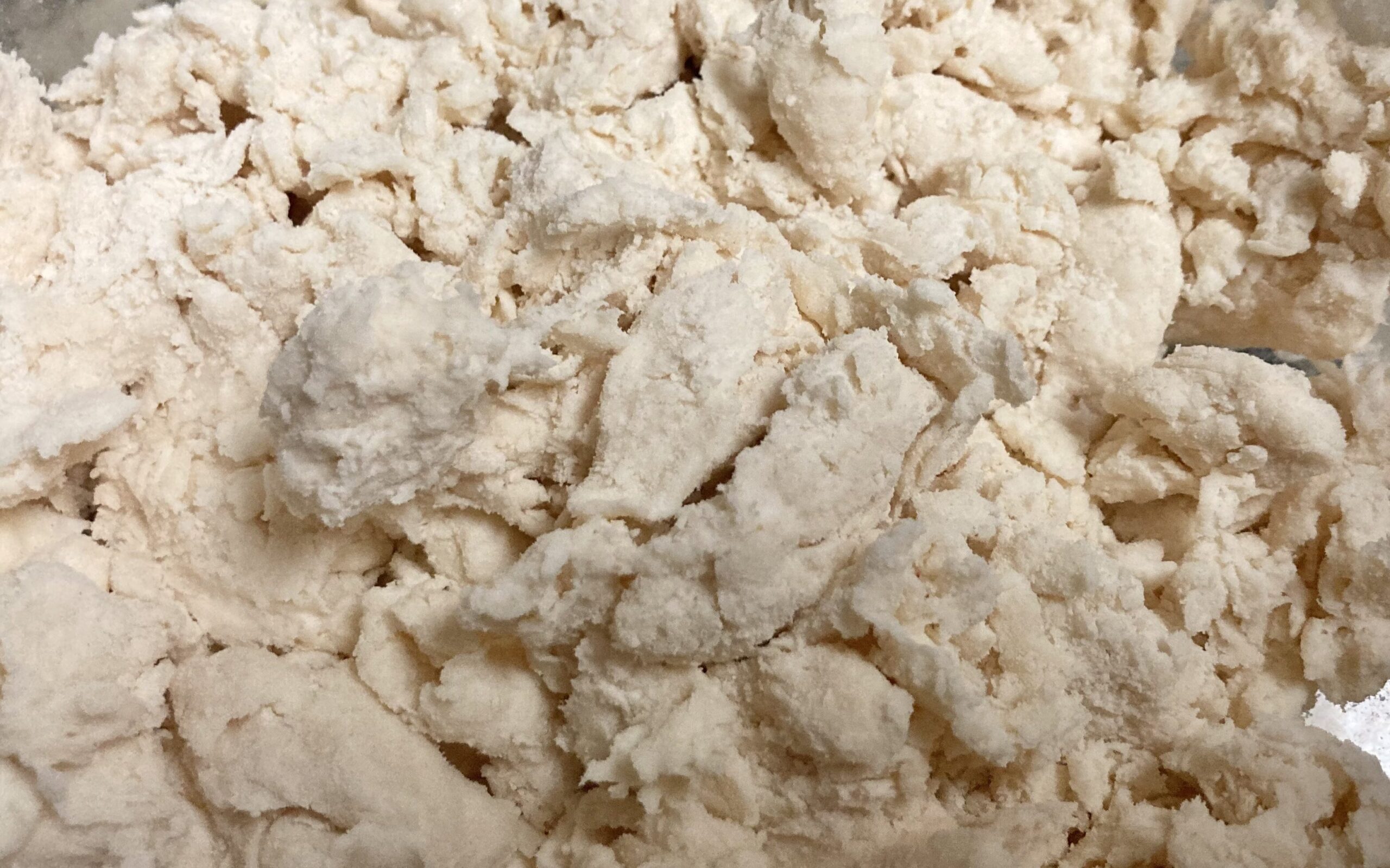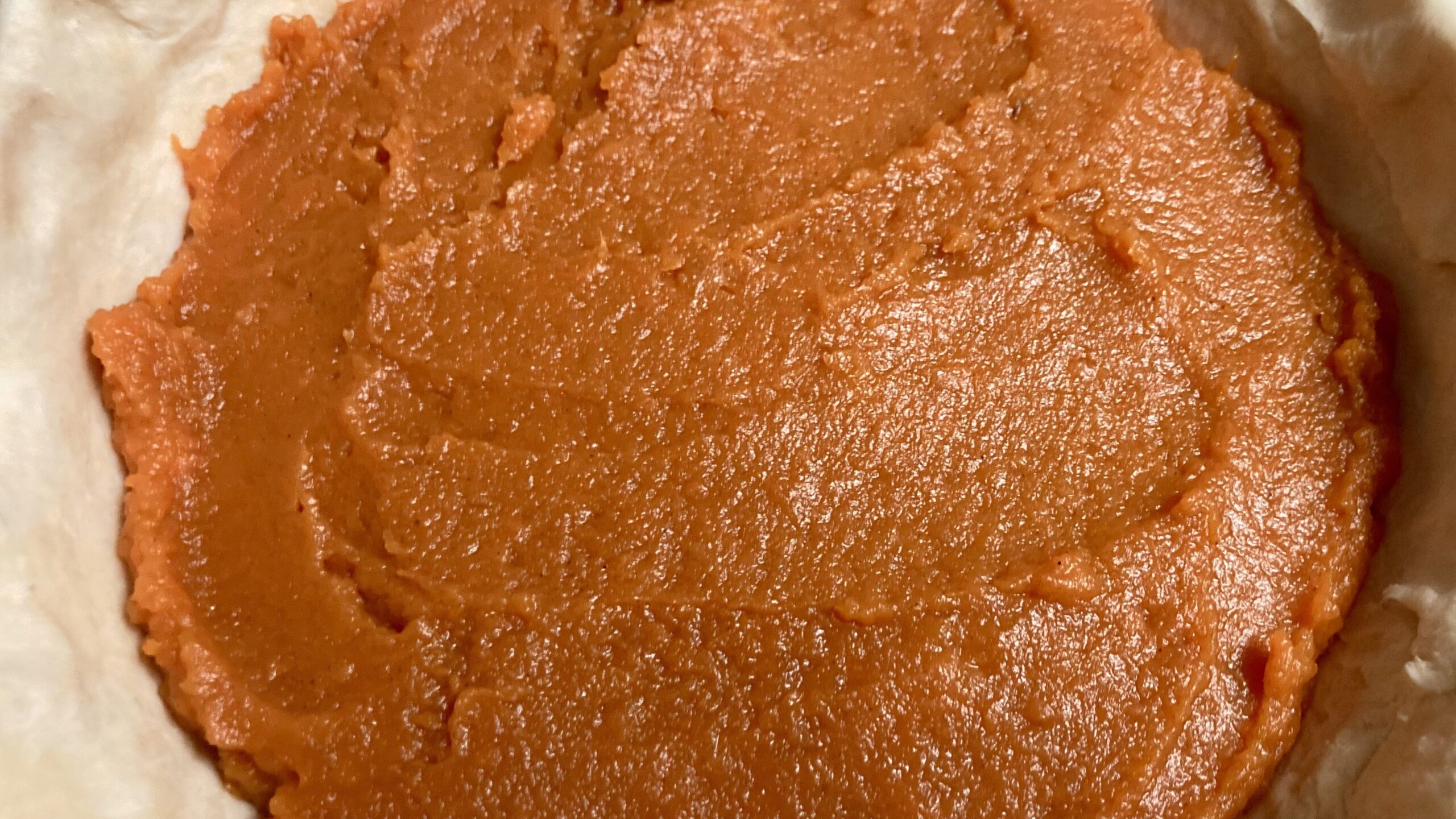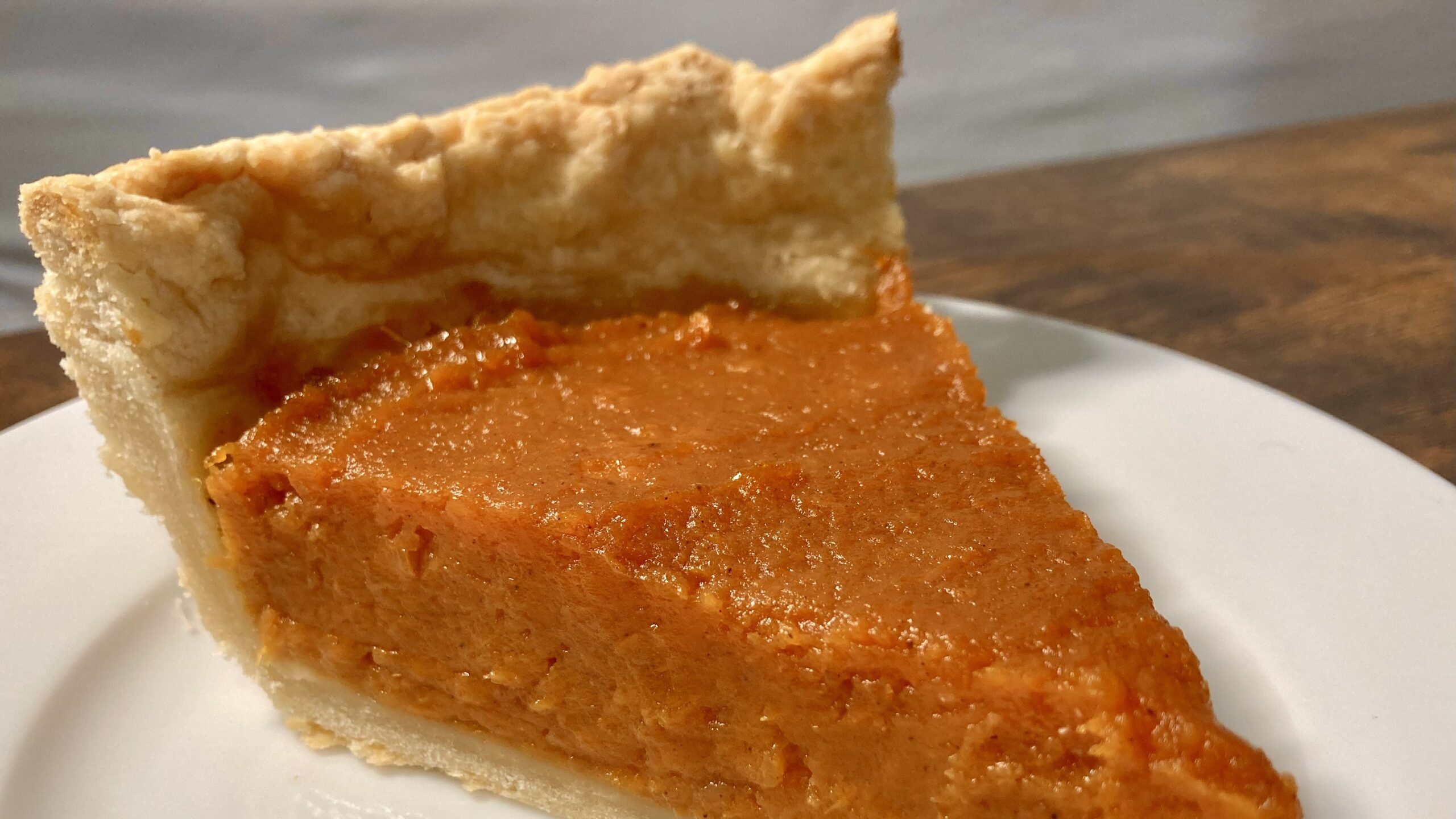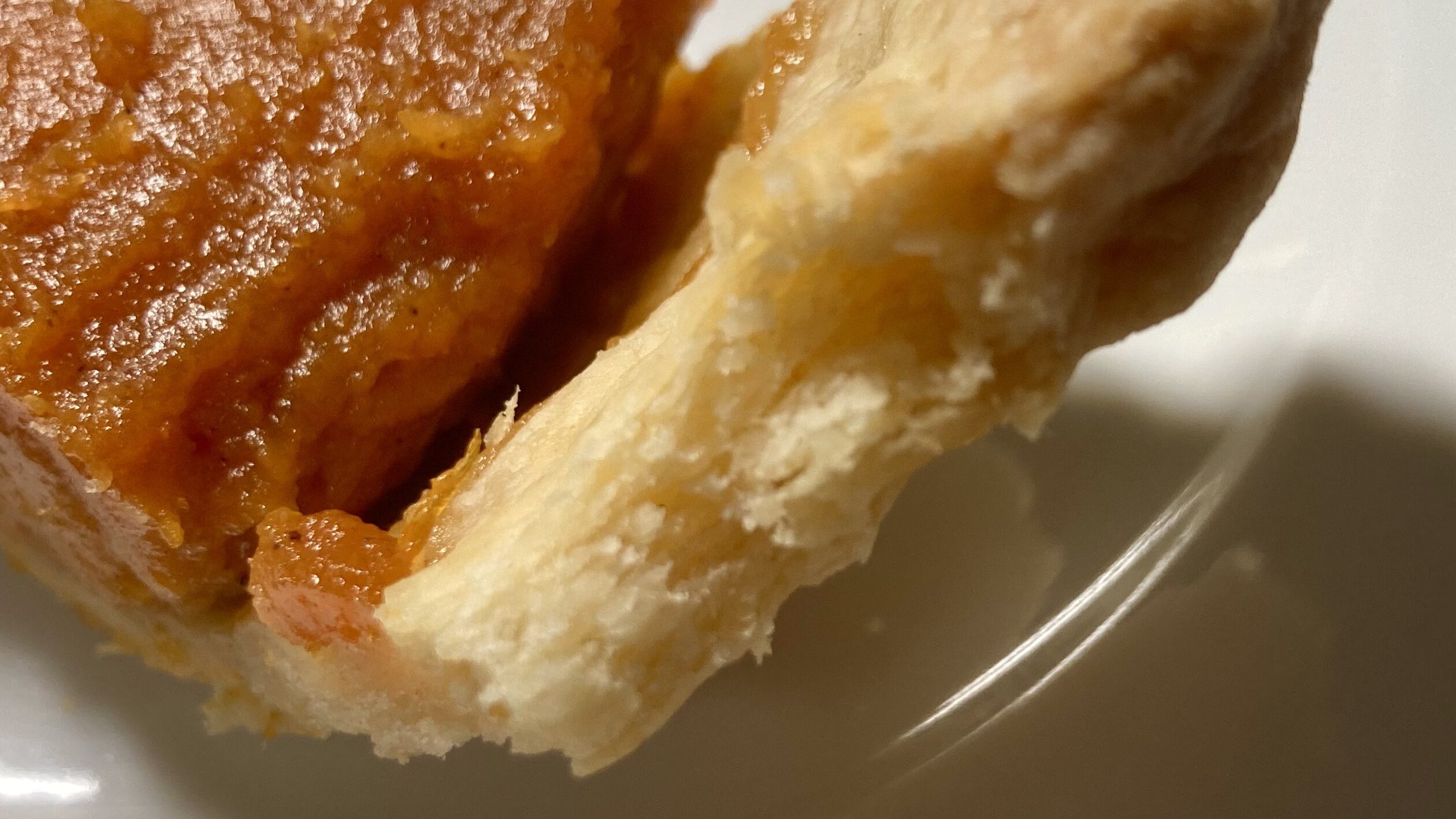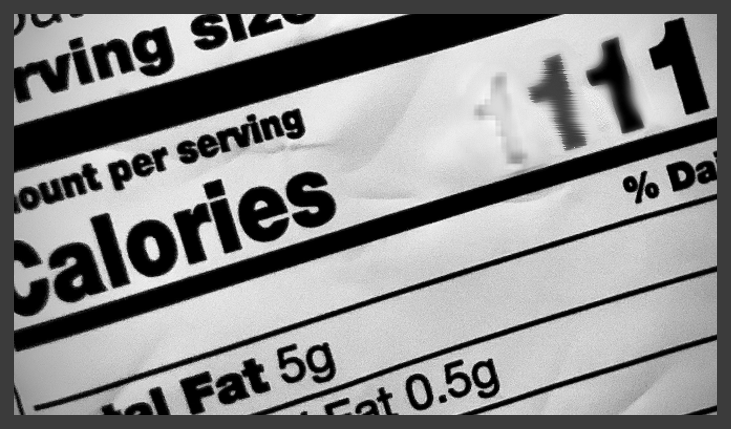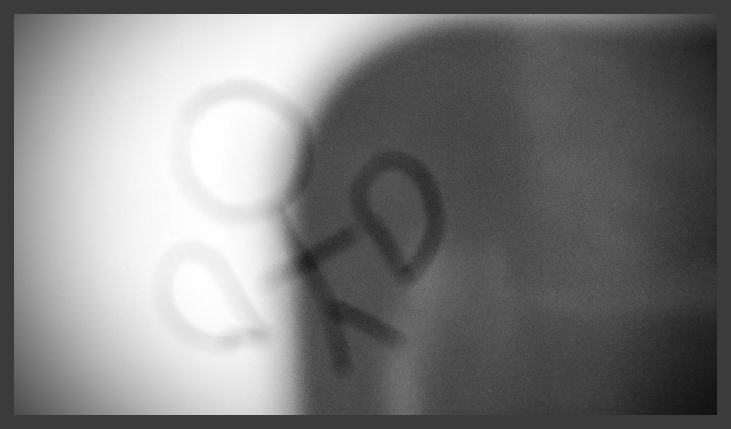Hello and welcome back you!
Did you read last week; are you caught up on what we are doing this time?
Okay! Well last week I set up the conversation about me–the person I am and that which I value. I am constantly reminded that I am, as much as I will try to deny it, just a man. At the end of it all, I am trying to please the most basic desires that have been of evolutionary benefit to our species: connection, security, comfort, safety, and meaning.
For this I learned about a very topical idea from Modern Wisdom #729:
“…The interpretation of ‘Terror Management Theory’ is that when we are reminded of our deaths, we need to temporarily, more heavily, reaffirm our death denying aspects of our culture. The reason that we do things, the reason that we create art, the reason that we get out of bed, the reasons that we have conversations like this is because in some way it is traceable back to trying to deny our own death. Ernest Becker wrote a book called “The Denial of Death,” and this is essentially the idea. And so for judges, it might be something like by participating in the legal system, they are participating in something that is beyond them, and therefore, it exist outside their own mortality, and so the thesis, the “Mortality Salience Hypothesis,” is that, for a judge if there are reminded of their own death, what they will temporarily be compelled to do is more harshly reaffirm […] the death denying aspect of their daily life, which is participating in the legal system–so more harsh penalties…” (Williamson #729 – 36:00).
In this conversation they reason how our efforts to find meaning are a result of our fear of death. We commit to projects and find transcendental goals to relieve mortal discomfort. I am beginning to think there are two driving motives. The motive of immediate pleasure and the motive of extending one’s life through work. Everything that we do seems to appeal to these two either in the present or near future. We work to delay gratification and prepare ourselves for the future, but this is still for pleasure. The next stage, once we are comfortable with our future, we can focus on our actualization and transcendent goals. This is described in Maslow’s Hierarchy of needs, but I think it is more simple: immediate pleasure, future pleasure, existential pleasure. All motives can be reduced down to these three categories. We can learn a lot about a person from how they balance the three. We all know the person that lives in the moment, a slave to their most basic desires (partying, sex, drugs, addictions). I think we are less cautious of falling into the other two categories because society rewards delayed gratification and our “existential pleasures”; however, a person that delays gratification forever never experiences happiness. A person that focuses only on their externality can not see their own life as it passes by. While the latter two at first appear ideal, regret can be experienced by an imbalance of any of the three. We have all heard the story of the billionaire that regrets their relationships or wishes that they could redo life.
I mention this idea because I see this in myself. I can see how I am cashing my soul for external meaning. I recognize that I fear death, and that most of my actions reaffirm my denial. I recognize this, but that does not mean that I can even begin to internalize it or apply the knowledge to how I act. One might ask themselves after pondering this idea, what does it really mean to live in the moment? I am afraid the answer opposes the ideology that has inspired me to aim my goals so high, work so diligently, and continue to create. I am afraid it opposes the intentions I have about what matters most to me and every energy I use to make…
This episode also talks about nihilism and free-will. The conversation about free-will and its implication on how we perceive people’s action is thoroughly discussed in episode #693. I find the discussion on free will very fascinating, but I will leave it here for this week—I expect to return another day.
I have been thinking about this for a while recently: when thinking nihilistically, we can reason that nothing has any meaning and life is without value, but we can also flip that. This idea was introduced to me in MW #695:
If nothing we do means anything, then we should not fear living our best life. If we fail, if people decide that they do not like us, if everything crumbles beneath our feet as we aspire to craft our beautiful life narrative, it doesn’t really matter. I cannot tell you the meaning of life, but for me, I have found relief in enjoying the journey. I will have to return to episode #695 because there is too much gold in that conversation.
If you could not tell, I have been transfixed on this podcast. It has simply helped me to understand so much about my perspective on the world, given me insight into the minds of people living my ambition, given me relatable commentary about how I feel about my own growth and self-improvement, been motivational, taught me about genetics, taught me the intricacies of social controversies, allowed me to reflect on my family and childhood, given me role models, taught me about nutrition, taught me about human health, it has given me the foundation to think critically, it has offered contrarian ideas, and it is also simply a fun and enjoyable media.
Going back to the purpose of this week, I am just a man. I do not think that what fundamentally makes me is very different from any other. From what I have learned, it is my background and personal traits that give me a unique expression, but I believe that I am foundationally driven by the same forces of all men. I might personally want to develop a remarkable career, but this is just my expression of finding meaning. I might want to have children, but this is also my desire to form meaning that will outlive me. I might value authenticity, but this might just be an expression that allows me to feel secure. Finally, does valuing diversity, as I described it last week, not just reduce down to my longing for connection and comfort with myself and others?
I lied to you last week…I guess that I am beginning to procrastinate this blog because again, I am almost out of time for the week. There are just too many thoughts and not enough time. I will discuss one more idea from last week, and then I will reveal my personality type! In addition to my deeper self-analysis, the other tests will have to wait until next week. Yep, this just became a three part series…
“…One of the things that has come up throughout this conversation is […] not feeling feelings or the aversion to emotions arising. Do you know what the ‘Overton Window’ is? It is like the window of acceptable speech. So if you imagine from nought to one-hundred all of the things that you could say from the most reprehensible in one way to the most reprehensible in another, then the Overton Window kinda describes this interquartile range within that which is acceptable speech. And, if you stray outside of that, then it’s unspeakable…” (Williamson, #720 – 2:06:00).
I almost became a mad man looking for this quote. I listen to this podcast almost every day. I knew that I had heard it recently, but I had difficulty finding it because it was in the last 5 minutes of this episode… Honestly, I do not think that this was even the quote that I was looking for. I think that there is a better quote where Chris mentions the Overton Window in another context, but it is lost to me now. I digress.
The correlation that I wanted to draw here was authenticity. I have found that there is an Overton Window to how I express myself and how I observe others express themselves. It seems to be difficult to be true to oneself because there is a narrow window that society allows us to act under. I definitely got this idea from a separate episode… this is going to bother me till the end of time… What is important now is that I want to learn how to express myself in a more pure form… I need the three C’s: Confidence, Competence, and Currency. I just made that up. Do you like it? I need to get to a place where society does not loom over me as heavily as it does now. Once I have more freedom, it will be easier to be honest with the world. This is assuming that with the status I am not cast under new barriers. I would like to bring this idea back in the future. As it related to what I said I valued, I wanted to mention how I saw the idea and my goal of improving this expression.
Finally, the moment we have all been waiting for!
Drumroll please!
My personality type, designated by clearerthinking.org is… CEO
That is exciting! This is only an online, self-assessed, test, but I am more than satisfied with this result. I will continue with more commentary about my thoughts on this result next week
Again, Sorry to disappoint you this week. We will be back next week to tie up loose ends.
It’s been Tristan from HQ–your friend here forever and always. Goodbye everyone!
Citation
“Ultimate Personality Test: Unveil Your Type.” Page Redirection, programs.clearerthinking.org/personality.html?_gl=1%2A1syc46v%2A_ga%2AMTAzMzI2NTA3My4xNzA0MjkwMzk2%2A_ga_58RPQ2D860%2AMTcwNDY3NTU5MS41LjEuMTcwNDY3NTczNC4xNS4wLjA. Accessed 7 Jan. 2024.
Williamson, Chris, host. “#695 – Codie Sanchez – The Secret Mindset Hack To Become Unstoppable” Modern Wisdom, Spotify, Oct. 2023, https://open.spotify.com/episode/4hky2a3b05G1scBCZp3qmp?si=c01b90ce70894d3e. Accessed 14 Jan. 2024.
Williamson, Chris, host. “#705 – Spencer Greenberg – The 5 Most Effective Techniques To Hack Your Habits” Modern Wisdom, Spotify, Nov. 2023, https://open.spotify.com/episode/0P2m2cpxFOS7kFxWKSsJBK?si=fe0ff1db03a54cfc. Accessed 07 Jan. 2024.
Williamson, Chris, host. “#720 – Whitney Cummings – What Is Wrong With Modern Women?” Modern Wisdom, Spotify, Dec. 2023, https://open.spotify.com/episode/1bl2y4yyyLMv3MEJrXNiKg?si=bedc8c9244b24702. Accessed 14 Jan. 2024.
Williamson, Chris, host. “#729 – Alex O’Connor – Are People Becoming Less Moral?” Modern Wisdom, Spotify, 08 Jan. 2024, https://open.spotify.com/episode/7M1izNByxWEXCy6gY0cnLv?si=e4219843c43045cd. Accessed 14 Jan. 2024.
